Heartburn is something that many people have experienced after eating. This is an unpleasant feeling related to the digestive system, which is expressed in the return of salty and acidic stomach contents back into the esophagus. The medical term for this disease is gastroesophageal reflux disease or GERD.
Heartburn affects about 2/3 of the adult population between 35 - 65 years and the percentage of women suffering from GERD is higher than that of men.
Heartburn is a disease that is not serious in itself, but if left untreated, it can lead to more serious diseases such as inflammation, ulcers and even cancer of the esophagus.
Although it is a known condition, an understanding of the process is usually overlooked and this is necessary to understand the need for adequate measures in overcoming the problem.
Defining heartburn condition
When the digestive system is working in a normal rhythm, food passes through the esophagus and reaches the stomach through a valve called the esophageal sphincter. When the system is working properly, when we eat, the valve opens and after the food enters the stomach, it closes.
Acids and enzymes break down the food consumed before it reaches the intestines. In reflux, the digestive system malfunctions and the one-way valve opens, allowing partially digested stomach contents and acids to flow back into the esophagus.
This causes unpleasant sensations that are familiar to most people: burning in the chest, heartburn in the upper part of the stomach that reaches the throat and a feeling of sour taste in the mouth, as well as frequent belching. In medicine, this is called GERD.
Food acidity and stomach acids
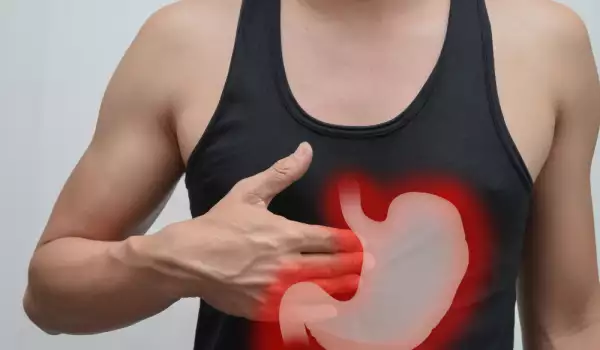
In chemistry, "pH" is a scale that determines the acid-base level of foods. This scale has a range of 0 to 14, with 7 being the neutral limit.
Foods below pH7 are acidic, those equal to pH7 are neutral and those above pH7 are called alkaline. The closer to zero the pH value of a food, the more acidic it is, and the closer to 14 the pH, the more alkaline it is.
The acid-base scale is a table in which each next or previous value is 10 times greater or 10 times less than the previous one, respectively.
The human body maintains a constant acid-alkaline environment, which is in the range of pH 7.35 - 7.45.
Foods with high acidity do not cause GERD, but such foods can worsen the symptoms of already developed reflux.
It is recommended that people suffering from GERD should maintain a suitable diet to alleviate their condition. It should be made up of foods that work well against stomach acids. Here are which foods are good and which to avoid.
Vegetables suitable for heartburn
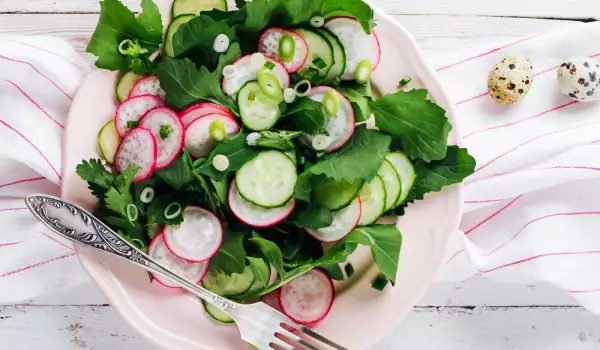
Vegetables, especially leafy greens, are a good food choice that relieves the symptoms of gastroesophageal reflux. They contain a lot of fiber, with an excellent action against acids.
This does not apply to freshly squeezed juices, which contain a lot of sugar and little fiber.
Recommended vegetables include celery, broccoli, cauliflower, asparagus, ginger, potatoes, cucumbers, kale, Brussels sprouts, spinach, parsley.
Those to be avoided are onions, garlic, tomatoes, fried vegetables, fried potatoes, vegetable juices.
Fruit suitable for heartburn
Like vegetables, fruit are rich in fiber. They improve the function of the gastrointestinal tract and eliminate stomach acids. However, citrus fruit produce more hydrochloric acid and worsen the symptoms of gastroesophageal reflux.
Recommended fruit are bananas, melons, apples, pears, wild berries, peaches, avocados.
Contraindicated fruits are lemons, oranges, limes, grapefruit, pineapple, tangerines.
Meat, fish and protein foods suitable for heartburn
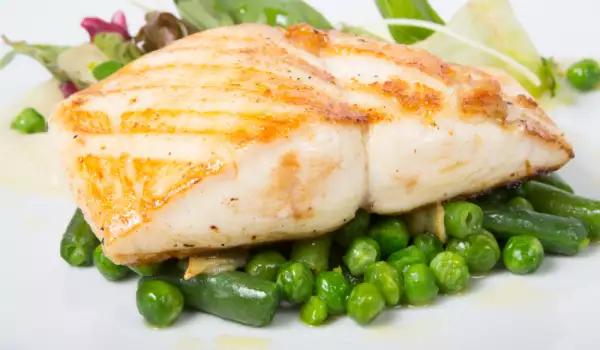
Tender meat, fish and eggs are foods that contain less fat and more protein. These foods improve the symptoms of heartburn.
Processed, fatty and fried meats are not suitable, as they are high in saturated fat and lead to more heartburn.
Recommended meat foods are chicken, turkey, tender pork, tender veal and white fish, salmon, trout, lobster and shrimp from seafood delicacies.
Contraindicated foods are fried eggs and meat, fried fish, burgers, doners, sausages.
Cereals suitable for heartburn
Cereals, especially whole grains, alleviate the symptoms of gastroesophageal reflux. These foods contain a lot of soluble and insoluble fiber and they absorb some of the stomach acids.
Recommended grains are brown rice, whole wheat bread, couscous, bulgur, oatmeal, quinoa, brown pasta, pancakes, cereals, waffles and pretzels.
You should avoid white bread, pies, cheese pastries, milinki, doughnuts, croissants, biscuits, muffins, pizza.
Dairy products suitable for heartburn
Milk and dairy products are a rich source of calcium, vitamin D and proteins.
The consumption of dairy products improves the symptoms of heartburn, but this applies to low-fat products.
Whole milk and dairy products contain higher amounts of saturated fat, which can lead to gastroesophageal reflux.
Low-fat yogurt is a very good food choice for heartburn. It contains many probiotics that improve the functions of the digestive system.
Recommended dairy products are low-fat milk, yogurt, white cheese, soy milk, tofu, and full-fat versions of these dairy foods are contraindicated.
Legumes suitable for heartburn
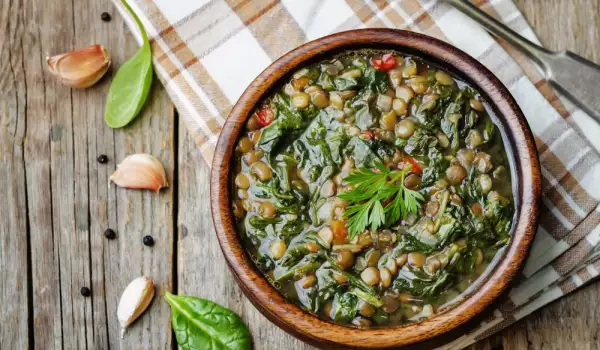
Legumes contain a lot of soluble and insoluble fiber, minerals, vitamins and proteins. Their consumption improves the symptoms of acid reflux.
Fried legumes should be avoided.
Recommended legumes are beans, lentils, chickpeas, peas, soybeans.
Fats suitable for heartburn
Eating foods rich in fat is contraindicated for heartburn. Still, the main culprits are saturated fat and trans fat, the not-so-unsaturated fat.
Foods rich in unsaturated fats such as oily fish, vegetable oils, nuts and seeds are safe for most people who suffer from heartburn.
Recommended fats are unsaturated, vegetable fats, olive oil, sesame oil, flaxseed, walnuts.
Contraindicated fats are saturated, trans fats, butter, margarine, cream cheese.
Sugar and savory products suitable for heartburn
Most sugary and savory products contain high amounts of refined sugar, salt, saturated fat and trans fat.
These foods are among the most harmful for heartburn as well as for overall health.
Recommended foods are honey, homemade jam, jellies, low-fat cream and desserts.
Contraindicated foods are cakes, chocolates, biscuits, chewing gum, peppermints, chips and crackers.
Drinks for heartburn
Decaffeinated drinks, water and herbal teas are safe for heartburn and relieve heartburn symptoms.
Caffeinated drinks, mint teas and alcoholic drinks should be avoided, they worsen the symptoms of gastroesophageal reflux.
Recommended drinks are water, herbal teas, decaffeinated coffee and tea.
Contraindicated drinks are coffee, black tea, mint tea, hot chocolate, fruit juices, alcohol.
Although it is considered a chronic disease, gastroesophageal reflux disease is treatable. Depending on the progress of the disease, heartburn can be overcome through proper nutrition and a healthy lifestyle. It includes maintaining an optimal weight, healthy eating, exercise, avoiding alcohol and smoking.

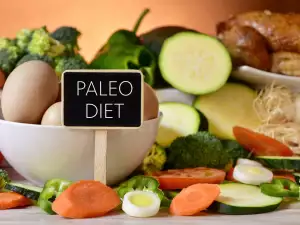

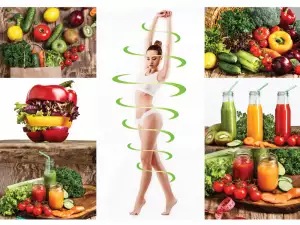



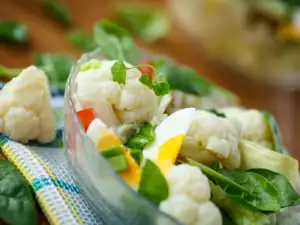

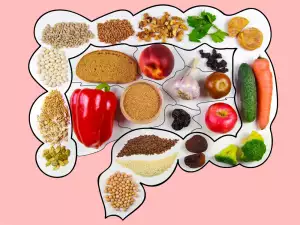
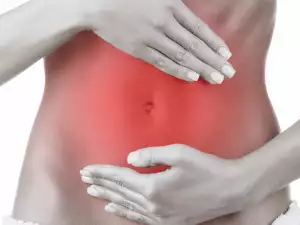







Comments